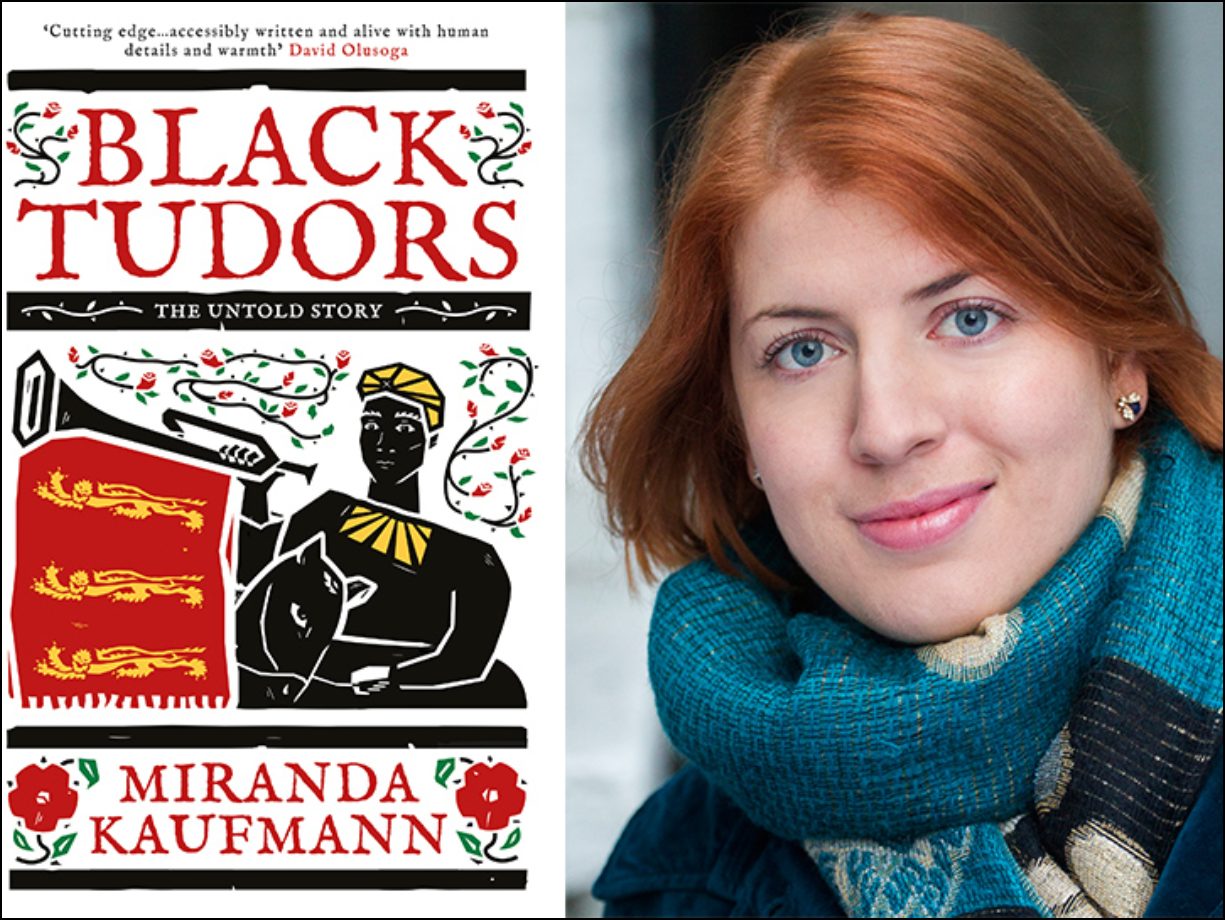Dr Miranda Kaufmann is a British historian, educator, and journalist who aims to educate people on the importance of black people through her passion for history, and her incredibly informative lectures and books. Her curiosity surrounding history grew from being born into a Jewish family in London, going to theatres, museums, and galleries which benefitted her greatly, and most simply, just walking down a street in London which she considers ‘a history lesson in itself’. Her interest in black history developed during a research topic in her final undergraduate year, and a passing comment about trade with Africans in the sixteenth century in an Oxford lecture. This then turned into a massive rabbit hole, where she started to dig up records of all the black people, she could possibly find who lived in England during the sixteenth century. She found over 200 records of Africans during that period, through parish registers, household accounts for the royal family, court appearances, diaries, and letters. In 2011, her doctorial thesis was titled ‘Africans in Britain, 1500 – 1640’.
She has been involved in writing various different articles for a huge variety of different publications such as BBC history magazine, The Guardian, The Times Literary Supplement, and The Times, as well as being featured on radio, television, and video broadcasts about British Black History. Moreover, she’s spoken and participated in international seminar’s, festival’s, educational institutions, and conferences all over the globe, spreading awareness, and changing ideas about black people in Britain. She published her first book ‘Black Tudors: The Untold Story’ which was published in 2017 where she contradicts the common idea that slavery was a black person’s only experience in England, as well as only facing exploitation and discrimination, when this is far from the truth. Within her book she talks about 10 black Tudors who performed incredibly important roles within society. One of the individuals she mentions is John Blanke who was a vital member of the royal household. He was a royal trumpeter, and was highly respected, as he was very skilled at playing the trumpet, he could even play the trumpet whilst riding a horse! He was so important and respected that when he asked Henry VIII for a pay rise, he was given it, and he was sent wedding gifts by Henry VIII! He played at Henry VII’s funeral, Henry VIII’s coronation, and many other significant events during the Tudor period. Most importantly he is the only black man to have a portrait who lived in Britain during the Tudor period, as he is in the Westminster Tournament Roll in 1511 many times, signifying his importance.
Black history is so important, even more so now where hate towards minority groups can be spread even more efficiently through social media and online platforms, to recognise the contributions that black people have had in world history. Stereotypes can be reduced, prejudice can be eliminated, and discrimination can be fought against more heavily if non-black people start to hear positive, inspirational stories that change peoples fixed mindsets and common misconceptions, for example when the majority of Britain think of black people, their fist thoughts are of the transatlantic slave trade. Kaufmann challenges these regressive notions through her books, her lectures, and all her contributions to further education on black history. Its even more important for young black people themselves to see positive representation and understand all their contributions to society. By teaching about Black history, it fosters a more compassionate and informed society that values all the significant accomplishments that have been made throughout history, and will continue to be made in the future, pushing more equality on a global scale.
